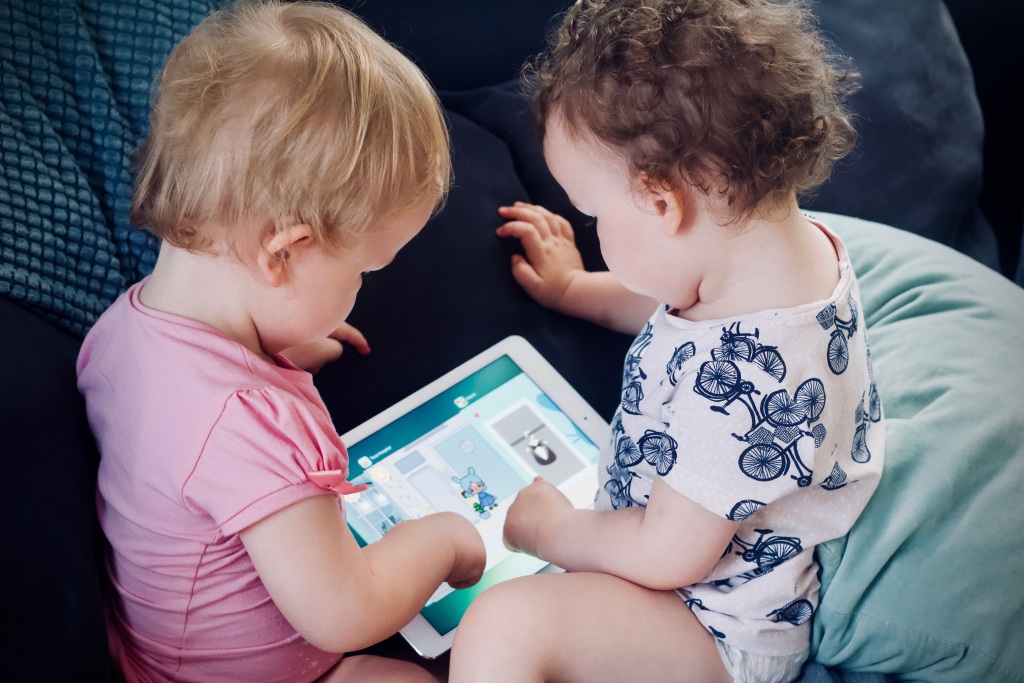“I may look like a baby – but I was born all grown up.”
It’s a line from the animated comedy film The Boss Baby – the story of a speaking youngster who wears a business suit and acts like an office manager! At one point, the Boss Baby addresses a team meeting of other toddlers – complete with presentation slides.
Behind that absurd situation lies a lot of truth. Children develop skills very early in their lives that will stay with them into adolescence and beyond, into the workplace.
These skills will help them to fit in socially, to form relationships and to succeed at their jobs. They include communication, creative thinking, curiosity, empathy, self-confidence and teamwork.
“Learning starts before we are born and keeps going,” Dr Eva Lloyd, Professor of Early Childhood at the Cass School of Education and Communities, University of East London, told Their News.
“Children, especially in the early years, are like little sponges, absorbing all the information around them and then actively making sense of it.”
Those early skills form the building blocks needed for children and youth to develop the crucial capabilities to succeed at school and in the jobs of the future.
Today is World Youth Skills Day – which marks the challenges and successes of the 1.2 billion people aged 15 to 24. They are almost three times as likely as adults to be unemployed and technology is moving so fast that by 2030 an estimated 1.8 billion young people aged 18 to 29 will not have the skills or qualifications required to participate in the workforce.


